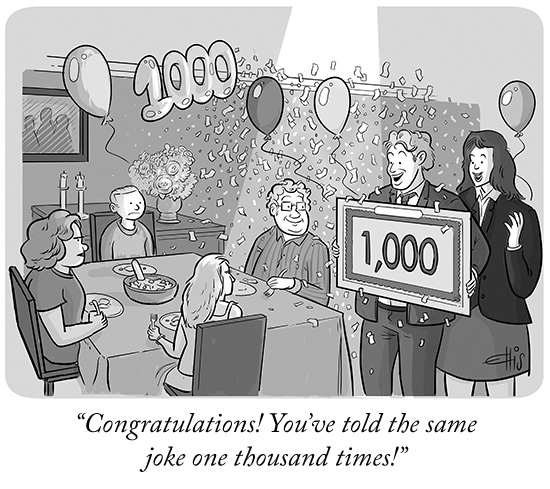How do the best performers improve?
Anyone who isn’t embarrassed by who they were last year probably isn’t learning enough. So says philosopher Alain De Botton. But how do you improve in your role when you’re already very successful? Increased self-awareness is key. 95% of us rate ourselves as having high self-awareness, but only 10-15% actually are. That means 80%–85% of people misunderstand how they’re perceived and how they affect others. We may have good intentions and work hard to be patient and tolerant, but our tone, nonverbal signals, or actions may come across differently to the people we interact with. It pays to close the gap. More below.
Cadence Curation
Watch: Want to Get Great at Something? Get a Coach | Atul Gawande | TED | 16 mins
The realisation that the greatest performers in the world still need a coach came out of sports. It’s not a recent phenomenon. In 1875, Harvard and Yale played one of the very first American-rules football games. Yale hired a head coach; Harvard did not. The results? Over the next three decades, Harvard won just four times. Harvard hired a coach.
In this video, the renowned surgeon and author, Atul Gawande, shares what he’s found to be the key to improving; having a good coach to provide a more accurate picture of our reality, to instil positive habits of thinking, and to break our actions down and then help us build them back up again.
Cadence Tool-Kit
Tool: Closing the Intention / Impact Gap
Deliberately gather information on how others perceive and experience you. This can be a confronting and painful process, but knowledge is power.
There is no quicker or more accurate way to learn what your reputation is than by undertaking an externally-led stakeholder review process. See this link for a sample Cadence stakeholder review report (based on a fictional CFO at a private equity-owned company).
Another option is to ask your colleagues for input in a way that generates useful insights (H/T to Adam Grant here):
- When people hesitate to give you honest feedback, ask for a 0-10 score on your idea, draft, or performance.
- No one says 10. Then I ask how you can get closer to a 10.
- This motivates people to coach upwards and allows the leader to model a growth mindset.
Any Other Business
Have you ever met somebody at a party who speaks to you for 30 minutes without asking you a single question? Or a colleague who views himself as a joker, but the joke is on him? We can all draw on our own experiences where people lack awareness of their impact. This can be one of the biggest career-limiting derailers for a leader. Wouldn’t you like to know?!

